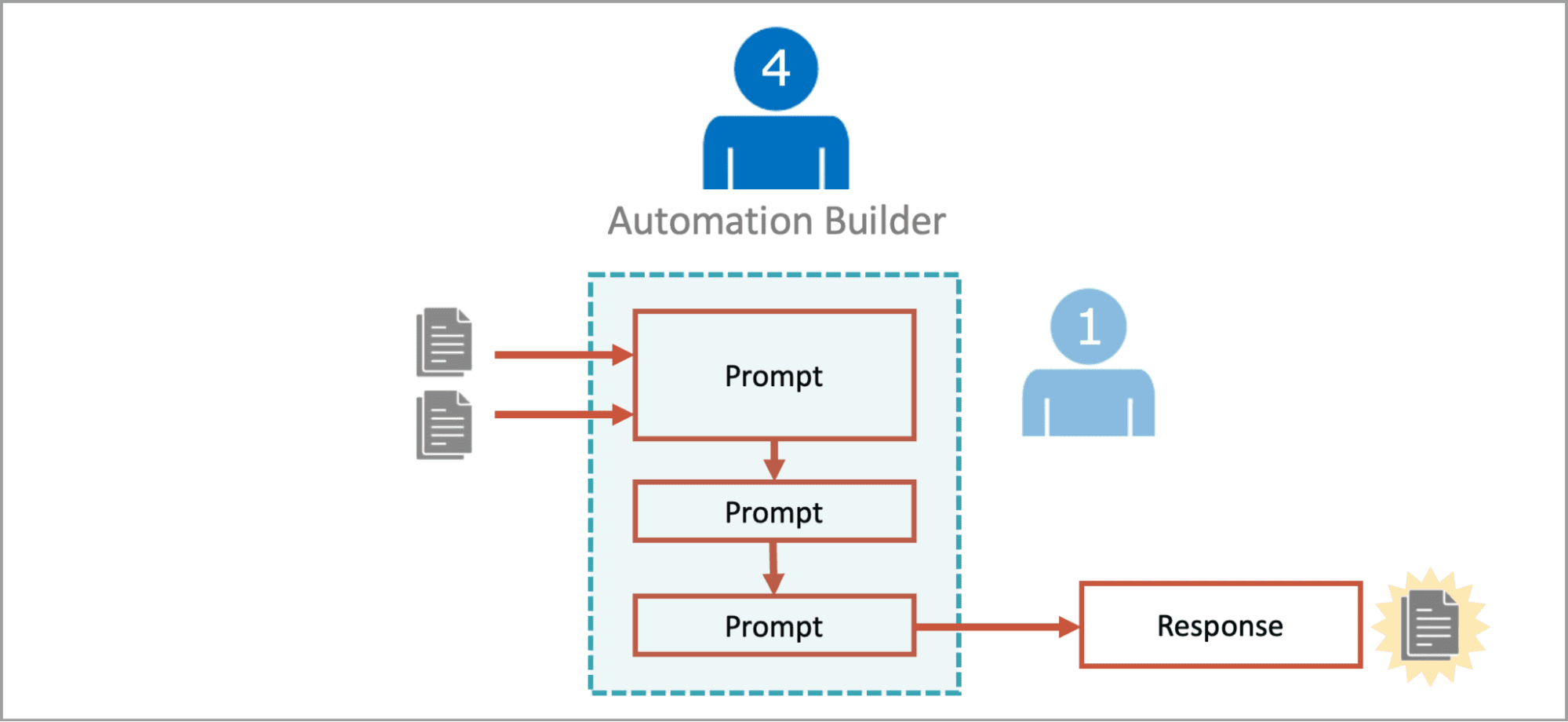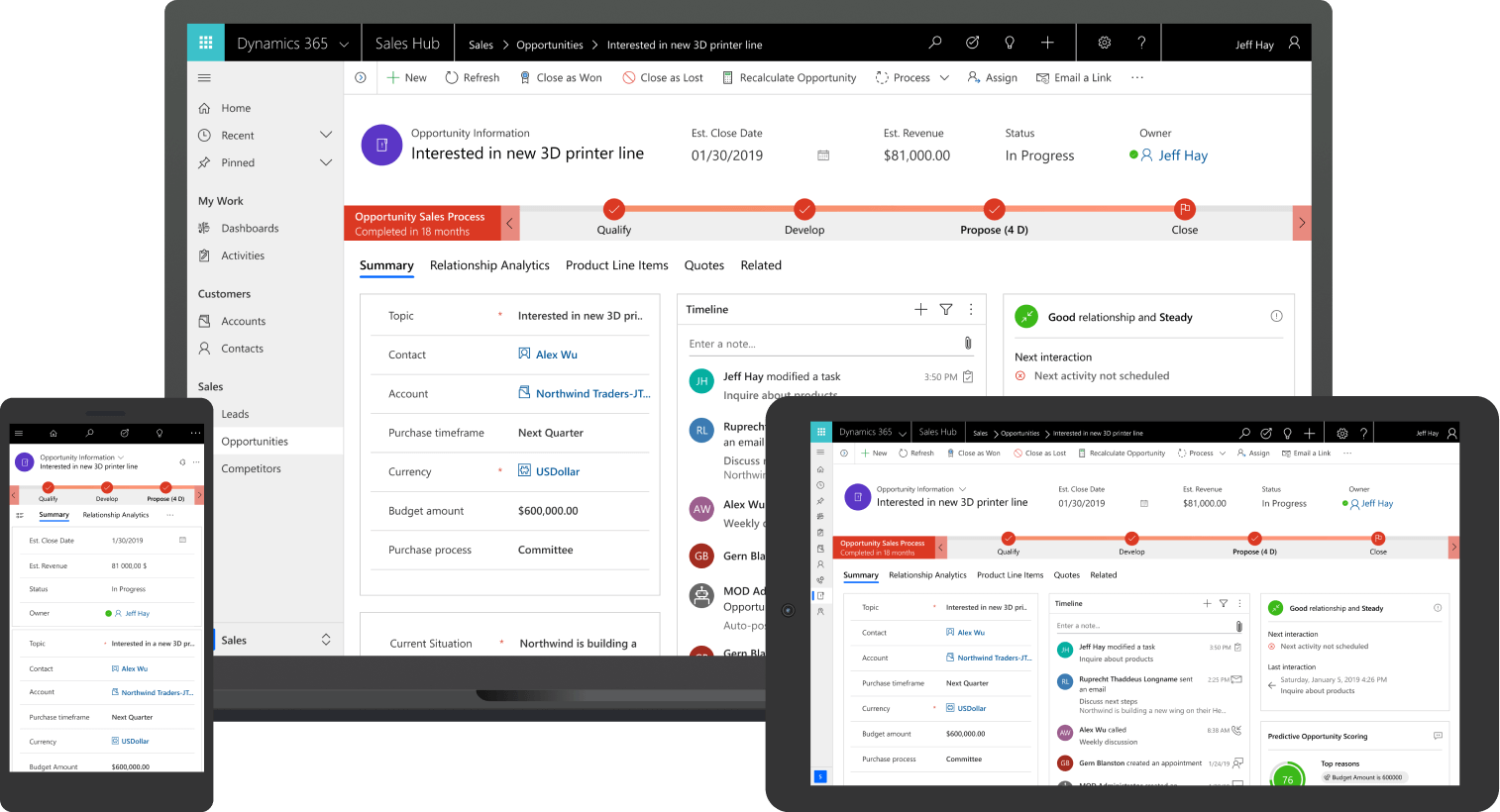telling a team their boss can work remotely but they can’t
A reader writes: I am a senior manager on a team that does a back office function (think HR, finance, marketing). A seasoned manager, Rachael, reports to me and has a handful of staff members reporting to her. Our team is hybrid, requiring two in-office days, although we grant flexibility for temporary medical/childcare/life issues that […] The post telling a team their boss can work remotely but they can’t appeared first on Ask a Manager.

A reader writes:
I am a senior manager on a team that does a back office function (think HR, finance, marketing). A seasoned manager, Rachael, reports to me and has a handful of staff members reporting to her. Our team is hybrid, requiring two in-office days, although we grant flexibility for temporary medical/childcare/life issues that come up. The operations we support are all in-office.
Rachael recently told us that she is trying to move out of state and asked to work fully remote. She was candid about this potential move when she was hired several years ago and in subsequent conversations. Rachael is very experienced and previously held my position earlier in her career. She has achieved great results with her team, and I’m confident in her ability to continue doing so working fully remote. We are still trying to get HR approval.
If she is approved to work remote, her staff members would still be required to come into the office two days a week. How should we communicate to her team that they have to come into the office when their boss does not? There is at least one team member I know of who would prefer to be fully remote.
Well, if other people’s jobs could also be fully remote, you might have some resentful people.
That said, it’s not uncommon that some people on a team could be fully remote but they can’t all be (because there’s work that needs to happen on-site and someone needs to be there to do it), and in that case it’s not unreasonable for the employee who gets to be remote to be the person you’re most invested in retaining — which sounds like it might be the case here.
Ideally you’d frame it to the rest of the team as, “We need a significant portion of the team’s work to happen on-site because of XYZ, so it’s not possible for the entire team to be fully remote. Rachael has done her job very successfully, we’re confident that will continue after she moves, and it’s something we’ve been discussing with her since she started. I wish it were practical to offer it to everyone, but the nature of the work means it’s not.”
However, if that’s not true — if none of the work does need to be done on-site and so theoretically everyone else could do their jobs well remotely too but company policy still doesn’t allow it — you’re better off being up-front about that: “I hear you. Company policy is still that we’re hybrid, and we’re making an exception for Rachael because of her unusually strong track record. I can see why you’re questioning why you can’t do it as well, but for now the company is still committed to having most roles in our area be hybrid ones.” If true you could add, “It’s something we’ll continue to look at over time, and we know it’s something more people are interested in doing.” (Don’t say that if it’s not true, though.)
You should also talk to Rachael about what she can do on her end to minimize resentment from her team. For example, it’s likely going to be important that she go out of her way to ensure she’s just as accessible when she’s remote as she is now (if not more so) — that people can reach her easily, she’s extremely responsive, and people see clear evidence of active involvement from her. She may get less benefit of the doubt on those fronts if she’s the only fully remote person, so it will help if she’s deliberate about clearly and visibly demonstrating an ongoing high level of engagement.
The post telling a team their boss can work remotely but they can’t appeared first on Ask a Manager.







































































































![Building A Digital PR Strategy: 10 Essential Steps for Beginners [With Examples]](https://buzzsumo.com/wp-content/uploads/2023/09/Building-A-Digital-PR-Strategy-10-Essential-Steps-for-Beginners-With-Examples-bblog-masthead.jpg)





































